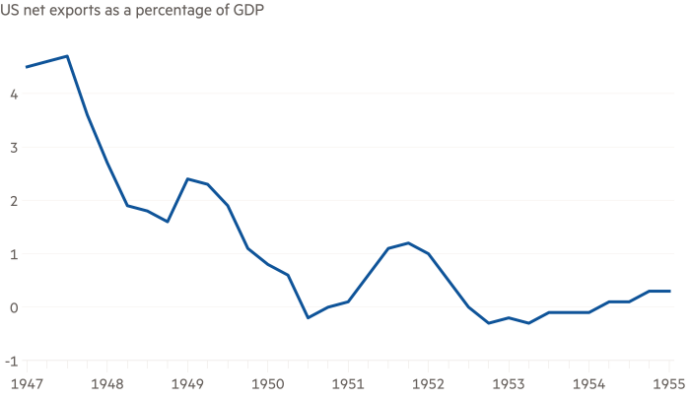Unlock the Editor’s Digest for free
Roula Khalaf, Editor of the FT, selects her favourite stories in this weekly newsletter.
After he turned 50 and became conscious of growing older, Jia Pingwa’s thoughts turned more and more to the cultural revolution, a disaster he had lived through as a teenager. Why, the bestselling Chinese author writes in the afterword to his latest novel to be translated into English, did film and TV take so much interest in the Ming and Qing dynasties while the cultural revolution had remained unmentionable for 40 years?
The result is Old Kiln, a monumental novel set in an eponymous impoverished village in Shaanxi Province, in north-west China, in which Jia sets a narrative that aims to fill the silence.
Poverty makes the people of the village, once famous for its ceramics, “backward, simple, petty, absurd and cruel,” Jia writes in Old Kiln. “Historically, they have always been told what to do, and they have had the inertia of people trained in passivity. Everyone is sickly, resentful, frightened and quarrelsome.”
Jia makes no secret of the novel’s autobiographical roots. Memories flood back on his own visits to his native village, and he describes village life in intimate detail, with its universal nicknames, obsessions with food, quarrels with neighbours, petty jealousies and the constant struggle to find daily necessities.
The reader enters a world in which villagers struggle to keep warm in freezing winters, where the smell of rice cooking in another house arouses pangs of envy and suspicion, and days are consumed with the repetitive chores of finding firewood, scraping together enough for a meal and mending clothes and shoes to serve a little longer. Minor illnesses are treated with folk remedies. Major illness and death are accepted as fate.
Rigid social hierarchies are rooted in political classification. A family labelled as poor peasants remain politically untouchable; a family judged to own a little more at the time of the revolution can never escape recurring political punishment.

The main protagonist is a child whom the villagers name Inkcap, after a poisonous mushroom. His role is that of both insider and outsider: he can smell trouble coming and occasionally converses with animals, but his grandfather’s known association with the Kuomintang army means that he and his grandmother live precariously. He survives by making himself useful. His grandmother is devoted to making papercuts that acquire spiritual qualities.
And so village life might have continued, but one day the shockwaves of Mao’s cultural revolution reach Old Kiln. Jia himself, as he explains in an afterword to the novel, lived through those tumultuous events largely as a bystander.
For millions of others, the battle that Mao unleashed on his communist party rivals, using armies of devoted young people who were willing to assault existing authority, brought ruin, humiliation and death. Eventually a measure of order was restored by the army.
Old Kiln recounts the cultural revolution as experienced at the bottom of Chinese society, an intimate narrative of how political violence maps on to older quarrels, clan feuds and existing struggles for power, bringing violence and death. The established party order comes under attack; a makeshift prison and torture centre is set up in the village and rival factions fight for positions in the emerging political order.
The violence is both shocking and mundane: a villager digs up the grave of one man who was tied to a tree and died after being half eaten by wolves in order to retrieve the victim’s gold tooth. In another disturbing scene that echoes the conclusion of “Medicine”, a short story by the late essayist and writer Lu Xun, a bystander rushes to dip a steamed bun in the blood of an executed prisoner to cure an illness.
Jia completed Old Kiln in 2010. At more than 900 pages, this unique novel rewards commitment. Three translators share the credit for finally bringing it to readers in English.
Old Kiln by Jia Pingwa, translated by James Trapp, Olivia Milburn and Christopher Payne Sinoist Press £19.99, 960 pages
Join our online book group on Facebook at FT Books Café and follow FT Weekend on Instagram, Bluesky and X


